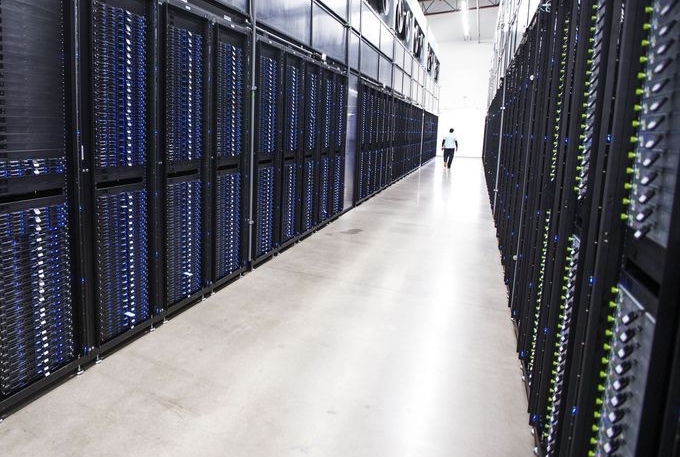Apple is calling a Bloomberg report that companies including Apple and Amazon found Chinese surveillance chips in their server hardware as “wrong or misinformed.”
Bloomberg’s report claims Apple found the chips in their server hardware, contracted from Super Micro, in 2015. Apple is refuting the report, sending out a press statements to several publications.
In a statement to CNBC, Apple said ‘we are deeply disappointed that in their dealings with us, Bloomberg’s reporters have not been open to the possibility that they or their sources might be wrong or misinformed.’
Apple says it ended its relationship with Super Micro in 2016, and asserts that it only found one infected Super Micro server in a lab. The Cupertino firm says this was a one-time event, and was not considered to be a targeted attack.
Bloomberg reports Apple made the discovery around May 2015, and informed the FBI. Amazon also discovered the chip, and also informed U.S. authorities.
Nested on the servers’ motherboards, the testers found a tiny microchip, not much bigger than a grain of rice, that wasn’t part of the boards’ original design. Amazon reported the discovery to U.S. authorities, sending a shudder through the intelligence community. Elemental’s servers could be found in Department of Defense data centers, the CIA’s drone operations, and the onboard networks of Navy warships. And Elemental was just one of hundreds of Supermicro customers.
During the ensuing top-secret probe, which remains open more than three years later, investigators determined that the chips allowed the attackers to create a stealth doorway into any network that included the altered machines. Multiple people familiar with the matter say investigators found that the chips had been inserted at factories run by manufacturing subcontractors in China.
A strong rebuke in situations like this, such as the response from Apple, is unusual, indicating the firm is understandably upset over the Bloomberg report. End-to-end security of their personal data is a big attraction for Apple device users.
Here is Apple’s full response to the report, via Bloomberg:
Over the course of the past year, Bloomberg has contacted us multiple times with claims, sometimes vague and sometimes elaborate, of an alleged security incident at Apple. Each time, we have conducted rigorous internal investigations based on their inquiries and each time we have found absolutely no evidence to support any of them. We have repeatedly and consistently offered factual responses, on the record, refuting virtually every aspect of Bloomberg’s story relating to Apple.
On this we can be very clear: Apple has never found malicious chips, “hardware manipulations” or vulnerabilities purposely planted in any server. Apple never had any contact with the FBI or any other agency about such an incident. We are not aware of any investigation by the FBI, nor are our contacts in law enforcement.
In response to Bloomberg’s latest version of the narrative, we present the following facts: Siri and Topsy never shared servers; Siri has never been deployed on servers sold to us by Super Micro; and Topsy data was limited to approximately 2,000 Super Micro servers, not 7,000. None of those servers has ever been found to hold malicious chips.
As a matter of practice, before servers are put into production at Apple they are inspected for security vulnerabilities and we update all firmware and software with the latest protections. We did not uncover any unusual vulnerabilities in the servers we purchased from Super Micro when we updated the firmware and software according to our standard procedures.
We are deeply disappointed that in their dealings with us, Bloomberg’s reporters have not been open to the possibility that they or their sources might be wrong or misinformed. Our best guess is that they are confusing their story with a previously-reported 2016 incident in which we discovered an infected driver on a single Super Micro server in one of our labs. That one-time event was determined to be accidental and not a targeted attack against Apple.
While there has been no claim that customer data was involved, we take these allegations seriously and we want users to know that we do everything possible to safeguard the personal information they entrust to us. We also want them to know that what Bloomberg is reporting about Apple is inaccurate.
Apple has always believed in being transparent about the ways we handle and protect data. If there were ever such an event as Bloomberg News has claimed, we would be forthcoming about it and we would work closely with law enforcement. Apple engineers conduct regular and rigorous security screenings to ensure that our systems are safe. We know that security is an endless race and that’s why we constantly fortify our systems against increasingly sophisticated hackers and cybercriminals who want to steal our data.


